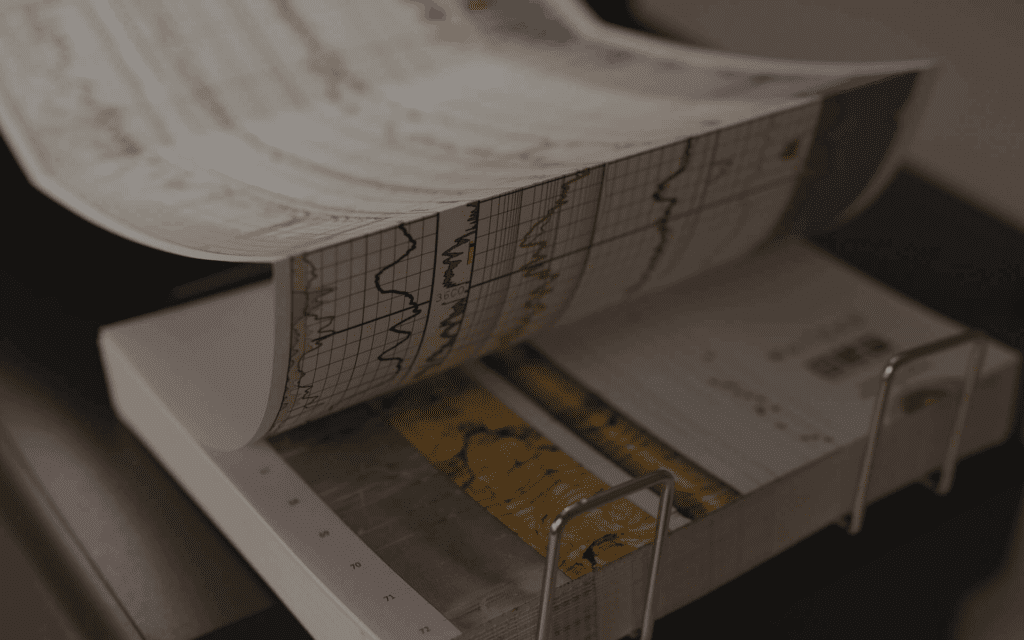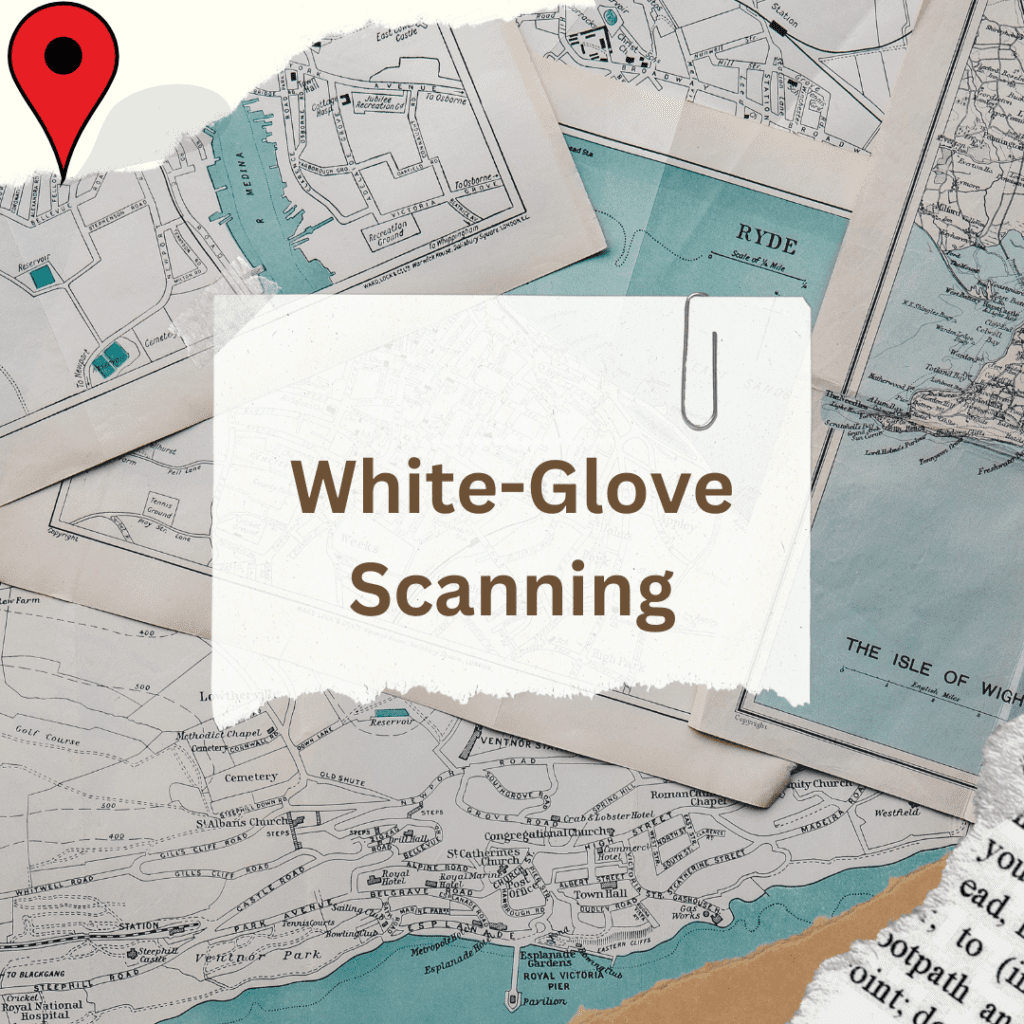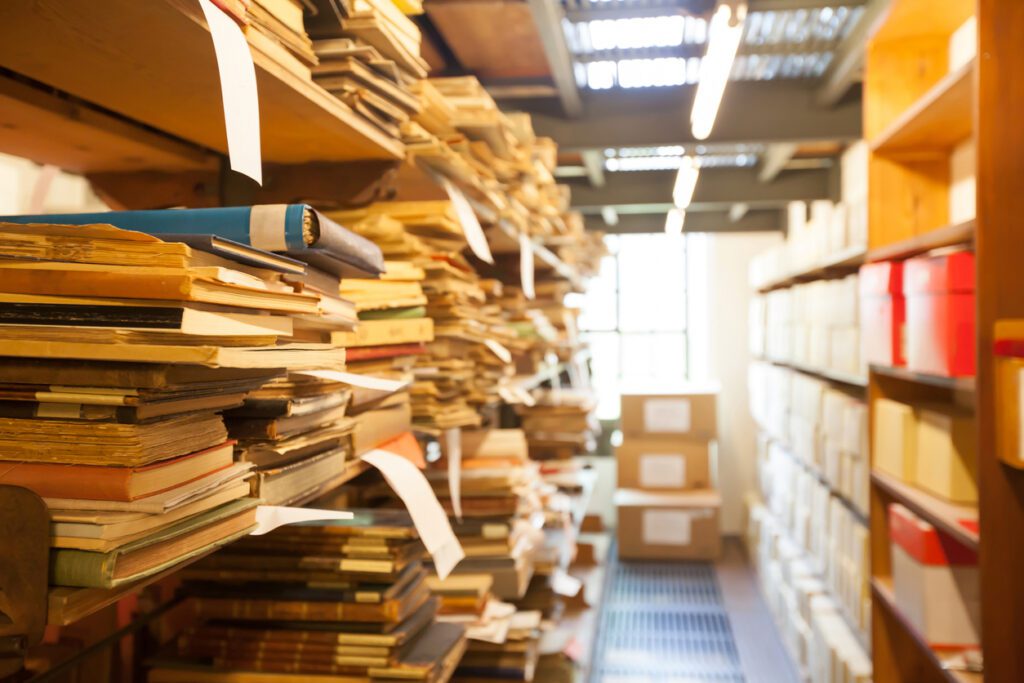DOCUdavit Solutions provides specialized scanning services applicable to a variety of industries.
Many of the industries that have benefited from our services include:
- Engineering Firms
- Manufacturing Companies
- Mining Companies
- Municipalities
- Government Agencies
- Universities
Specialized scanning services lead to reduced or eliminated document storage costs, improved document control and long-term storage while providing instant accessibility and searchability of documents, facilitated file sharing and distribution, and increased employee productivity. Digital images don’t age, scratch, curl, or fade and are easier to edit. See the difference a top-tier document scanning service can make in your business when you choose DOCUdavit.
Here are the specialized document scanning services we offer:
Large Format Scanning Services
For a document to be considered to be “large format” it must be larger than 11” x 17”. Some examples of the type of documents that can be scanned are:
- architectural, engineering and construction drawings and plans
- cartography/maps
- posters, signs, photographs and artwork
 We use high-quality, high-volume scanners with the latest image enhancement technology. Documents can be scanned in black and white, greyscale or color, at 300 dpi, 400 dpi, and 600 dpi. Our specialized scanning technicians ensure that flaws such as lines, corners, tears or signs of deterioration are taken into account during the scanning process and change the settings to improve the quality of the final image.
We use high-quality, high-volume scanners with the latest image enhancement technology. Documents can be scanned in black and white, greyscale or color, at 300 dpi, 400 dpi, and 600 dpi. Our specialized scanning technicians ensure that flaws such as lines, corners, tears or signs of deterioration are taken into account during the scanning process and change the settings to improve the quality of the final image.
Microfilm and Microfiche Scanning Services
Microforms are scaled-down reproductions of documents, typically either films or paper made for the purposes of transmission, storage, reading, and printing. DOCUdavit Scanning Solutions has the capacity to scan, index and enhance the following microform types:
- Microfilm (16/35mm roll film)
- 3M cartridge film
- Microfiche (Jacketed, COM, aperture cards)
The most common types of (but not limited to) documents that have been converted into various microforms are:
- Newspapers
- Large-scale drawings and plans
- Periodicals and magazines
- Legal records
- Engineering documentation
- Insurance documentation
- and more

Well-logging Scanning Services
Well-logging is the practice of making a detailed record of the geologic formations penetrated by a borehole that may be based either on visual inspection of samples brought to the surface or on physical measurements made by instruments when digging water or oil wells.
Some types of well logs that can be digitized include:
- Electrical resistivity well logs
- Acoustic well logs
- Gamma ray or radioactivity well logs
- Induction well logs
- Spontaneous potential (SP) well logs
Our scanning services include the following features:
- Output to standard LAS format (if required)
- All or selected curves can be digitized
- Curves can be spliced between logs for a well (if required)
- all log header information can be captured and stored in the LAS file

White-Glove Scanning Services
DOCUdavit Solutions’ scanning equipment and software allow for imaging in black and white, greyscale and color of standard record sizes (up to 11” x 17”), non-standard record sizes (larger than 11” x 17”).
Documents that would benefit from our White Glove scanning services are records that do not lend themselves to automatic feeding through imaging equipment, due to possible damage to the original record and/or due to non-removable bindings. These documents include:
- Onion-skin
- Thermal fax-paper
- Carbon-copy paper
- Aged and fragile documents
- Water/sun damage
- Heavily creased or torn
- Bindings: stitched, drilled, taped, saddle-stitch

Carrier Sheets or flatbed scanning can be used to delicately scan deteriorating documents. For delicate documents that cannot be sheet-fed directly through the scanner in a carrier sheet, having non-removal bindings, and are too large to be photocopied/scanned on a flatbed scanner, a DOCUdavit employee will photograph the documents using a high-resolution camera ensuring that the image is clear, and all discernable information to the naked eye is visible. Those images are then converted to the output format of your choice.
Archival Scanning
Archival document scanning is used for documents or images that have some sort of research, cultural, legal, historical, or some other long-term value that makes them worth preserving.
Documents that are commonly scanned and stored using archival scanning include:
- Government records
- Financial documents
- Legal documents
- Historical records

Archival scanning (or archival document scanning) is the process of converting paper documents and images to a digital media format, to make the information useable after the originals have deteriorated.
After acquisition, each document is then named (indexed) as per your requirements. We can index each document in any way you wish to retrieve it.
Apart from services such as digitizing and indexing your documents, we also provide thorough quality controls, using both automated and manual techniques. At a minimum, our services will provide image enhancements, rotation, cropping, deskewing and despeckling to yield the clearest image possible. Verification of image indexing, page count, document count and roll/fiche count are done to ensure that all images have been captured.
From specialized scanning services to medical data archiving, contract management, document management, DOCUdavit’s EDMS will take the pressure or fear out of going digital. Visit our services page to find out more, or call us toll-free at 1-888-781-9083 to speak with a consultant.
